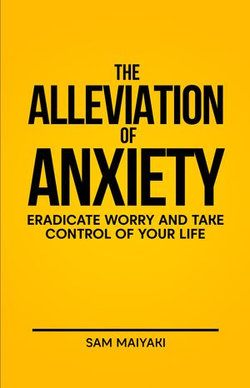Worry is generally defined as a process of mental and verbal problem-solving to manage potentially negative future events. Worry is usually short-lived and triggers positive problem-solving behaviors. It becomes unhealthy when it affects other aspects of your life, is very frequent, and is difficult to control or stop. Persistence and a high frequency of worry lead to more anxiety, which can block positive thought patterns and prevent a person from taking constructive action.
Many things can cause you to worry. Some are obvious and related to external factors. For example:
Worry can emanate when you view certain content in the newspaper or television.
Worry can emanate when you hear certain information on the radio or during a conversation.
Worry can emanate when you find yourself in certain situations (e.g., making decisions, performing tasks, making decisions, dealing with uncertainty, etc.). Other triggers are less obvious such as thoughts or images that suddenly arise in our spirit.
Do Not Suffer in Silence!



Share This eBook: